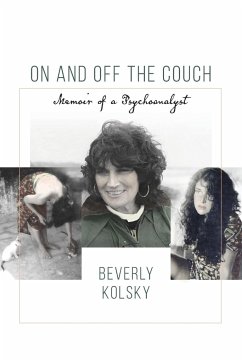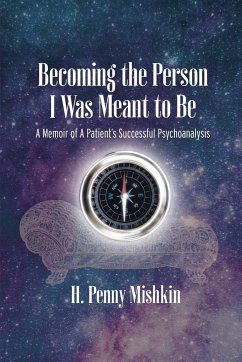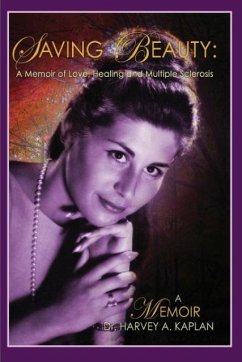
KINDRED ARTS
BIOGRAPHIC WRITING AND PSYCHODYNAMIC THERAPY, COMPLEXITIES AND COMPLICATIONS
Versandkostenfrei!
Versandfertig in 1-2 Wochen
28,99 €
inkl. MwSt.

PAYBACK Punkte
14 °P sammeln!
Biographies are the stories of lives, whether written by biographers or elicited by clinicians. Parallel activities take place behind the scenes for both, as both are engaged in similar psychological and intellectual processes. Both are emotionally involved in this work, and their subjectivity colors their activities. Backscheider wrote that the "presence of the writer [exists] in every biography," sometimes fully acknowledged and openly discussed, sometimes concealed beneath the surface. In choosing a subject or deciding to work with a particular client, the biographer or the clinician is alr...
Biographies are the stories of lives, whether written by biographers or elicited by clinicians. Parallel activities take place behind the scenes for both, as both are engaged in similar psychological and intellectual processes. Both are emotionally involved in this work, and their subjectivity colors their activities. Backscheider wrote that the "presence of the writer [exists] in every biography," sometimes fully acknowledged and openly discussed, sometimes concealed beneath the surface. In choosing a subject or deciding to work with a particular client, the biographer or the clinician is already shaping the biographical or clinical narrative. Four major processes that influence both undertakings have been discussed extensively throughout Kindred Arts. Biographers and clinicians (1) develop relationships with subjects and clients; (2) examine how subjects or clients represent themselves and how they present their stories; (3) collect, evaluate, and interpret evidence; and (4) formulate a biopsychosocial understanding of their life course. Why read biographies? J.K. Conway wrote that "we want to know how the world looks from inside another person's experience, and when that craving is met by a convincing narrative, we find it deeply satisfying." Biographies are a source of pleasure as well as knowledge and learning for all who love them, whether in their professional or private lives. Reflecting on the processes behind the scenes of their creation can add greater depth of understanding and enjoyment.














